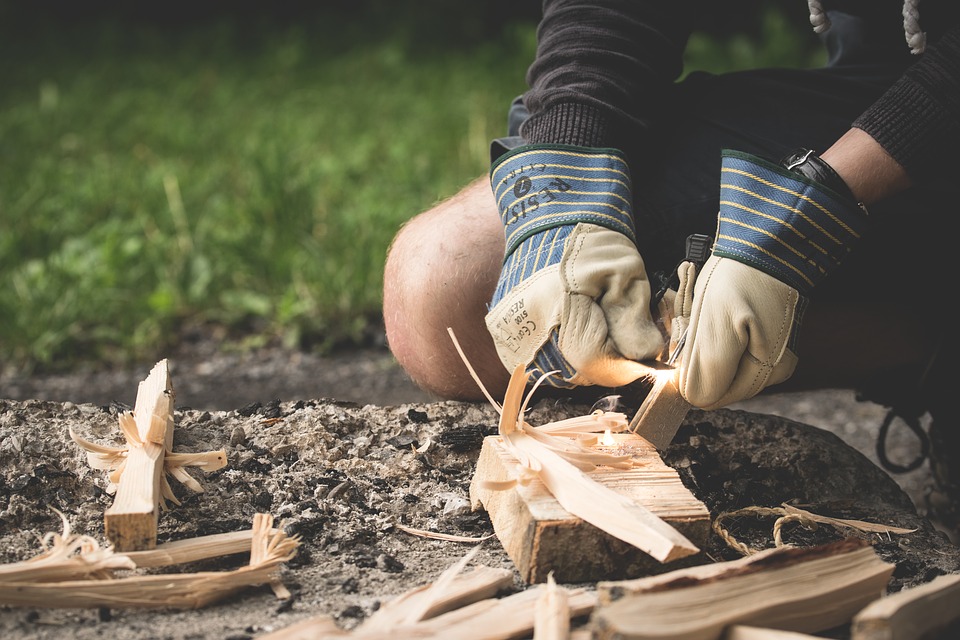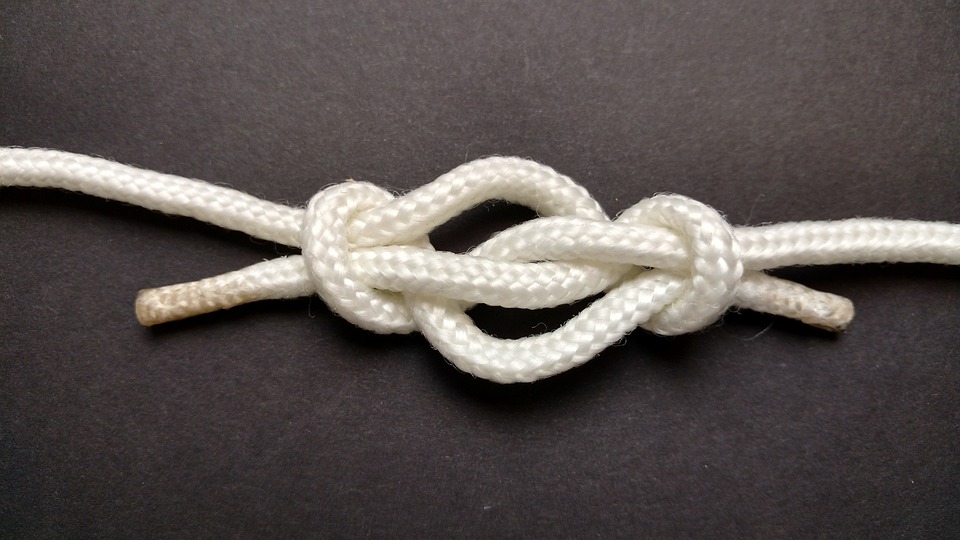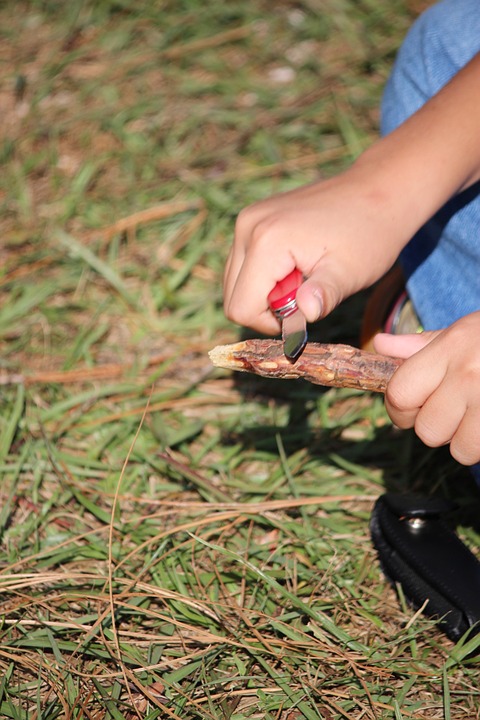Imagine going to the doctor with a simple cut and not being able to have it stitched. Not because of a lack of materials, but because the doctor simply wasn’t able to perform the procedure. Roger Kneebone, a professor of surgical education at Imperial College London, thinks this is precisely what may happen in the not too distant future. Whilst the academic standard of medical students remains high, he says that many now lack the physical dexterity to perform even simple medical tasks with their hands. This “lack [of] tactile general knowledge,” he believes, comes from students spending too much time in front of 2 dimensional devices and not enough time handling materials, cutting textiles or learning woodwork. Whilst these are skills that many of us learned at school without even realising it, learners are now leaving education “less competent and less confident” in using their hands.

Image Source: Pexels
How can traditional outdoor education help?
From simple tasks such as gathering materials for building shelters and foraging for berries, to the more complex elements of wood whittling and snare setting, almost all bushcraft and survival skills require hands on, practical application. Here are just a few more examples of how these kinds of sessions will improve learnings finger co-ordination:
Fire lighting
Beginning with collecting tinder, kindling and different sizes and varieties of fuel, setting and lighting a fire is a great way to work on hand-eye coordination and skills. Laying the beginning of a fire requires gentle and strategic placement of materials to allow for the flow of oxygen and the growth of the fire. Using traditional firelighting techniques such as hand and bow drillsor a flint and steel exercises the hands and fingers in a range of different ways.

Image Source: Pixabay
Knot Tying
From simple hitches and stopper knots to more complicated quick release and alpine knots, rope tying is the perfect way to improve learners finger finesse (try tying a one handed bowline!) Sessions such as shelter and raft building utilise these skills in a practical and fun way.

Image Source: Pixabay
Basic Tools
Creating tools often requires just as much skill as using them. Handmade cooking utensils such as spoons present a fantastic and useful whittling activity. For even more of a challenge, hand crafted musical instruments and pencils encourage prolonged use for those with an artistic streak.

Image Source: Pixabay
Get in Touch
Here at WiseUp, we believe in students getting physically stuck into as many challenges as possible. Our extensive range of bushcraft sessions cover all of the skills discussed in this article and more. Our teambuilding activities encourage learners to use a variety of equipment to practically solve a range of challenges. To find out how we can helo your students improve their hands on skills, please use our easy enquiry form or give us a call.
Title Image Source: Pixabay
Return to Blog


